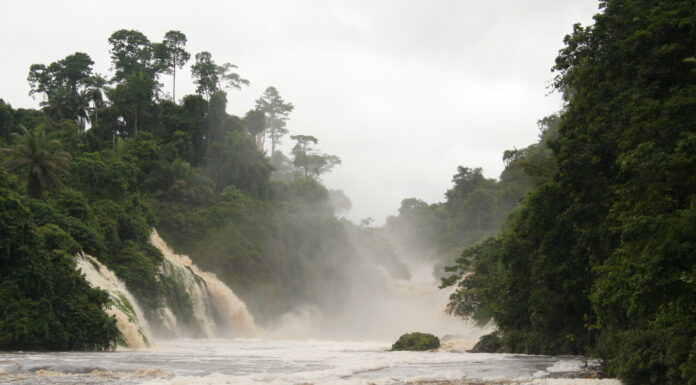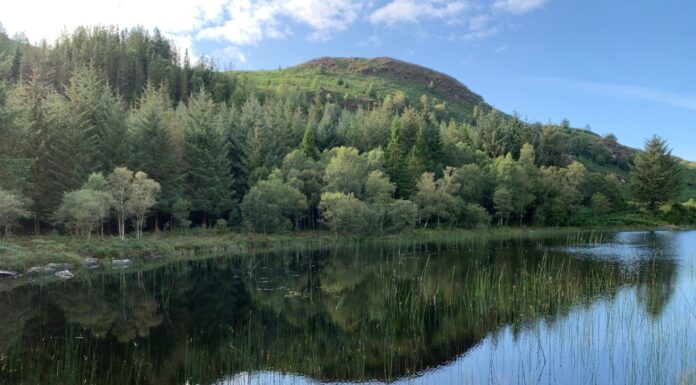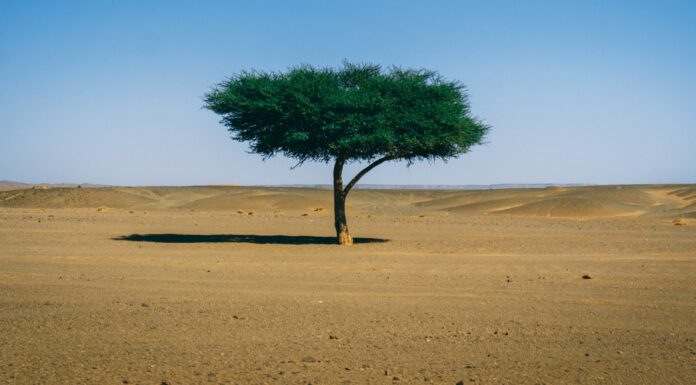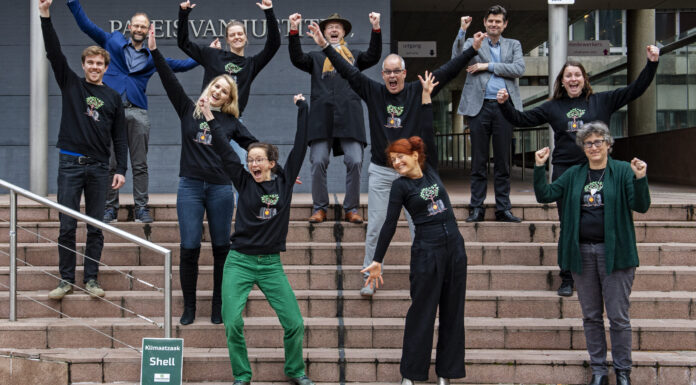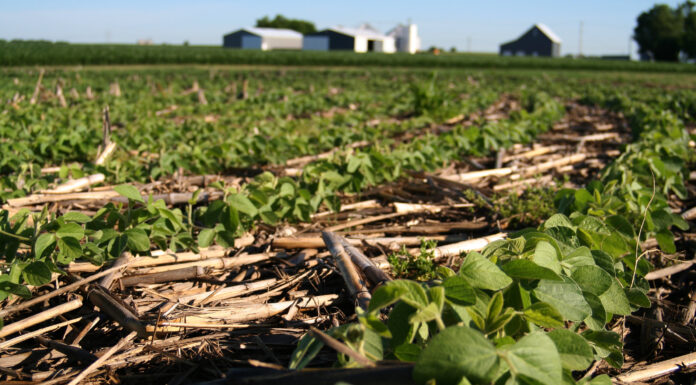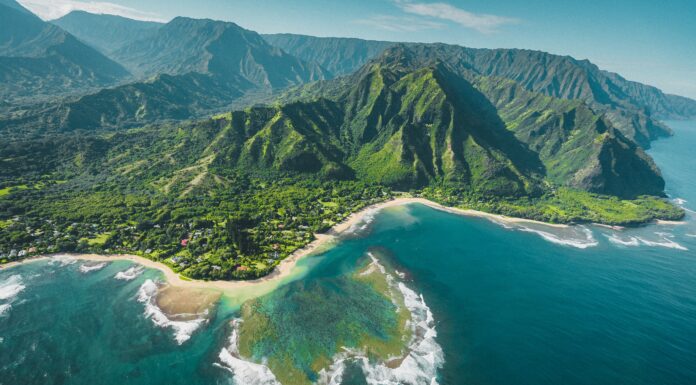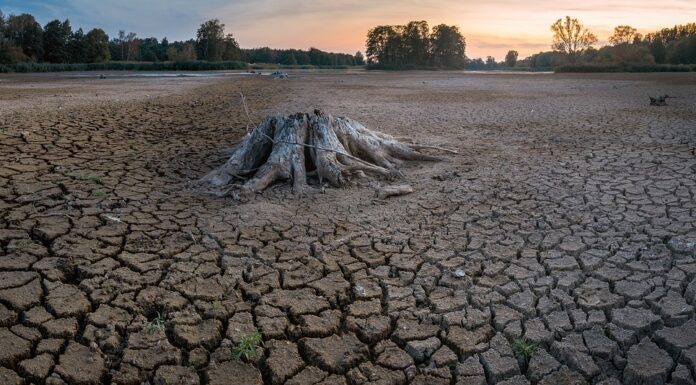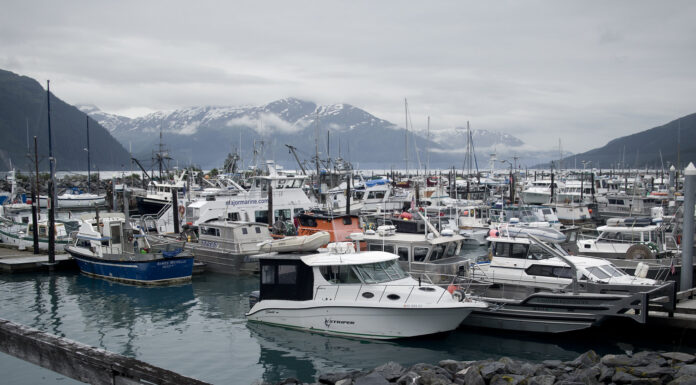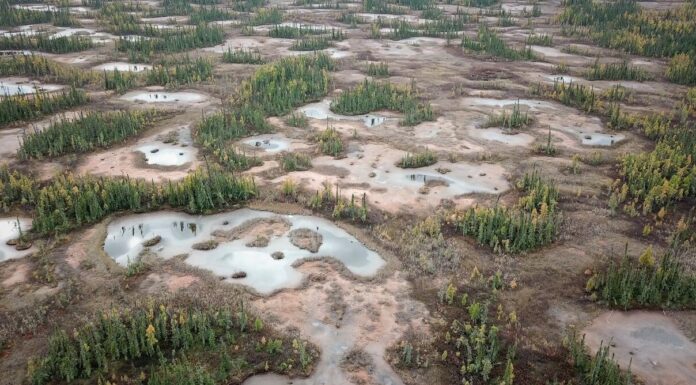Written by: Kimberly White
Gabon has been rewarded for its commitment to reduce deforestation and combat the climate emergency.
Gabon has received $17 million for the nation's deforestation and forest degradation reductions in 2016 and 2017. The payment is the first...
Written by: Myles Allen
The four-day G7 summit in Cornwall ended with little cause for celebration from anyone worried about climate change. Most of the pledges that emerged were relatively old news, with the UK repeating its promise of £500...
Written by: Emily Withers
A year ago the first minister of Wales, Mark Drakeford, announced a big step forward towards a more verdant and accessible country: a scheme for a Welsh national forest.
Inspired by the Wales Coast Path, the idea is...
Courtesy of Landscape News
Written by: Augusta Dwyer
An international team of scientists has found an abundance of trees – more than 1.8 billion – in an area of West Africa that has received less attention for its foliage than for...
Written by: Kimberly White
Royal Dutch Shell is being held accountable for its role in perpetuating the climate crisis.
A Dutch court ruled that Royal Dutch Shell must reduce its carbon emissions by 45 percent by 2030. The decision by the...
Written by: Sacha Mooney, Hannah Victoria Cooper, and Sofie Sjogersten
Perhaps because there are no chimney stacks belching smoke, the contribution of the world’s farms to climate change seems somehow remote. But agriculture accounts for a staggering 26 percent of all...
Written by: Kimberly White
The state of Hawaii has made history as the first U.S. state to declare a climate emergency. The state Legislature has passed Senate Resolution SCR44, which declares that the climate emergency is a threat to humanity...
Written by: Joseph Opoku Gakpo
Though climate change is likely to exacerbate food and water shortages for poor countries, increase migration, precipitate new health challenges and reduce biodiversity, biotechnology could help lessen the shock, says a new United States intelligence...
Written by: Connor Dunleavy
The world’s high-latitude regions experience climate change at a rate twice as fast as the rest of the world. Nowhere is this more evident than in the Prince Williams Sound in South Central Alaska. This shelter...
Written by: Bin Xu
Peatlands are one of the most valuable terrestrial ecosystems in our fight against climate change. These deep layers of partially decayed plants and other organic material are tens of thousands of years old.
Globally, peatland covers more...

